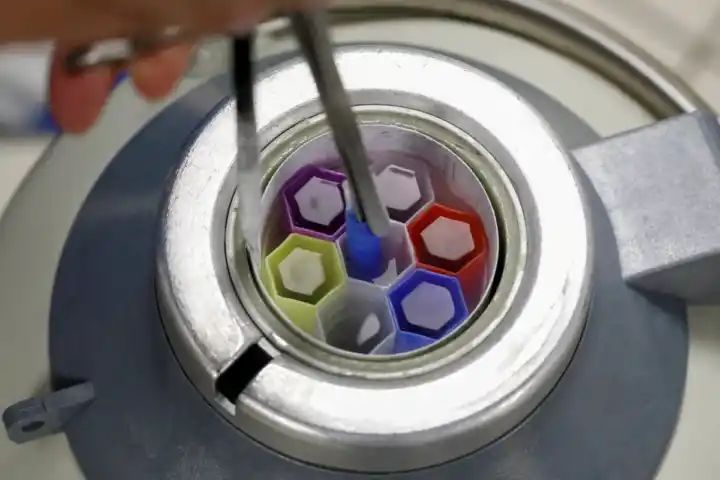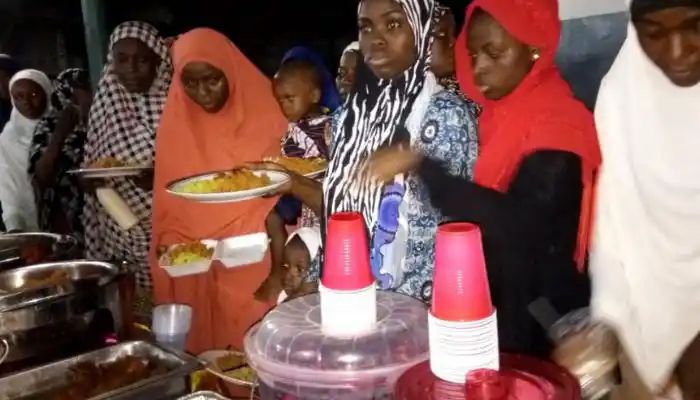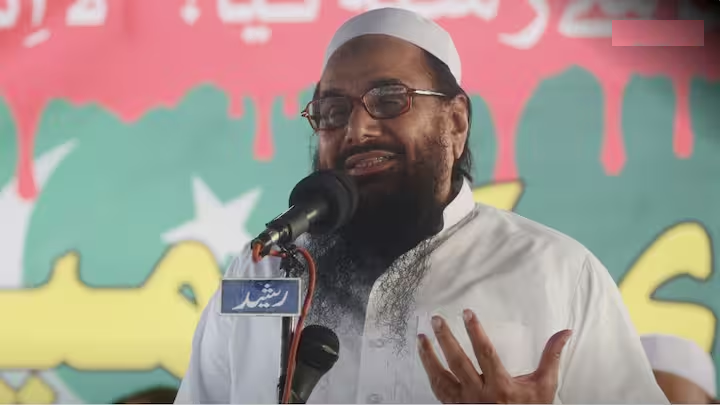Alabama’s IVF ruling puts spotlight on state supreme court election and abortion rights battles

Less than a month after a state supreme court decision that threatens the future of in vitro fertilization in Alabama, the justices who stood behind the ruling will face voters in a closely watched Republican primary election.
Last month, Alabama’s Supreme Court defined frozen embryos as children, expanding the scope of so-called “personhood” embraced by Christian fundamentalists and anti-abortion groups who believe that life begins at conception – and underscoring the far-reaching impacts of Roe v Wade’s collapse.
The ruling drew widespread condemnation and alarm, with fertility clinics across the state fearing swift legal scrutiny and their forced closure while families were left in heartbreaking limbo.
Republican lawmakers who have embraced fetal “personhood” scrambled to respond, revealing the GOP’s deeply confused, ambivalent or intentionally obtuse views on reproductive health, just as Republicans flailed in the wake of the US Supreme Court’s decision to overturn Roe.
But the candidates running to replace the state’s retiring chief justice appear unmoved. Judicial ethics rules bar judges from making any case-specific pledges. But candidate Sarah Stewart currently sits on the court and joined the controversial decision. Former state senator Bryan Taylor also didn’t reject the court’s “personhood” ruling, saying in a statement in response that “we can uphold the sanctity of life without subjecting IVF clinics to lawsuit abuse.”
IVF accounts for roughly 2 per cent of births in the US, according to the Center for Reproductive Rights. But since the beginning of the year, more than 40 bills with “personhood” language have been proposed in at least 16 states, according to an analysis from Planned Parenthood Action Fund.





